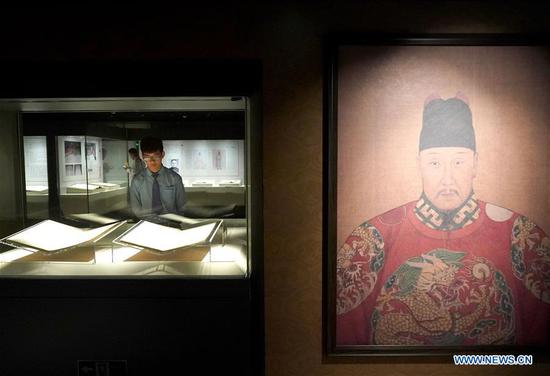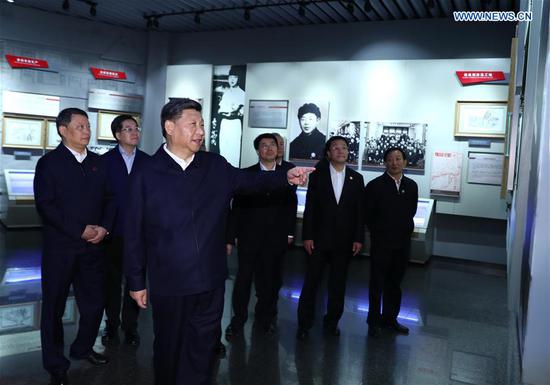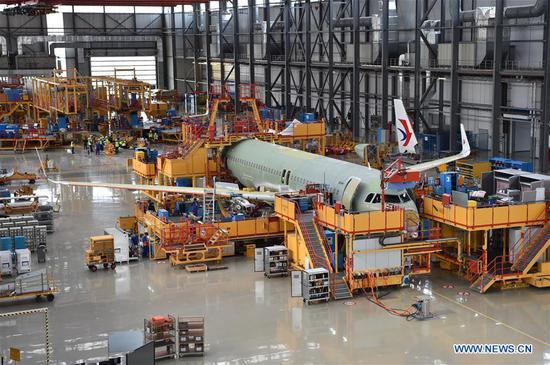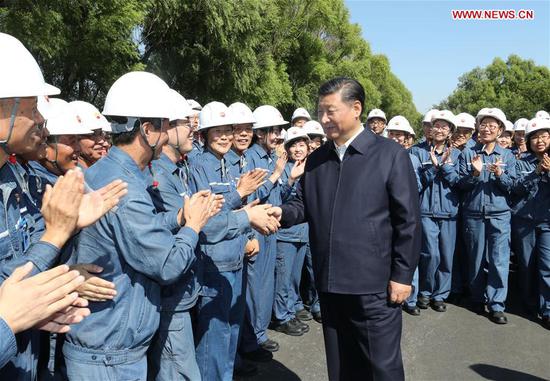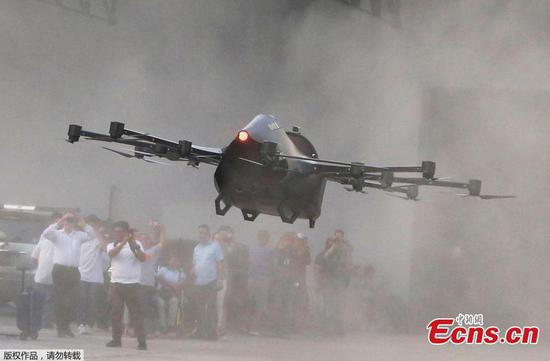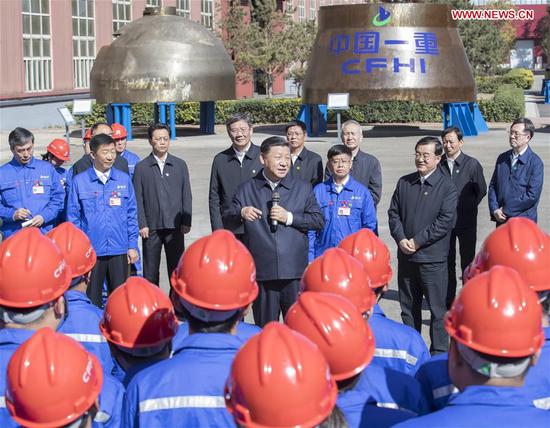Imagine walking down a popular Chinese night market and and finding a favored item. You try your best to bargain with a resistant vendor, only for a robot to take over the negotiation.
Such imaginings are no longer the stuff of fiction, as a "bargaining robot" has become the latest celebrity in China, with video footage surfacing of the smart machine negotiating with customers in a night market in Hangzhou, capital of east China's Zhejiang Province.
"How much is this toy?" a woman asks, in the video posted on microblog Sina Weibo on Thursday.
While the vendor remains silent, the robot is quick to lay down the charm: "Hi beauty, I knew that you would buy this!"
Another woman asks to buy toys for her grandson, to which the robot swiftly answers: "I would definitely recommend this puzzle game, which can develop the intellect and help your grandson easily get into Tsinghua University or Peking University! It costs only 100 yuan (15 U.S. dollars)."
"If other vendors' prices are cheaper, I will slap myself in the face," the robot adds.
"What if he does not make it into the universities in the future?" the woman asks.
"Then you should confiscate his cellphone!" the robot replies.
In a later scene, the robot pleads with customer: "Sixty yuan is not expensive at all. Please, business is not easy here."
The video has drawn more than 700,000 hits as of 4 p.m. Friday, with many netizens much amused by the robot's antics.
"What if we put two robots against each other to bargain over the prices?" wrote one Weibo wag.
"I need a boyfriend who can bargain like that!" wrote another.
Wang Rui, the vendor and an artificial intelligence engineer at Alibaba, said that he spent time researching human-robot communication, according to the Chinanews website.
"The robot was recently developed by our team and is still being tested, and we have collected more than 20,000 sentences of price bargaining over the past few months," Wang said, adding that the robot had learned a number of bargaining tactics. "The goal is to aid communication between buyers and vendors to reach deals."
Unlike in big shopping malls and stores where prices are usually fixed, prices in night or wholesale markets in China are usually negotiable, and both customers and vendors try their best to strike a satisfactory deal.
China's robotics industry saw steady development in 2017 with about 1,686 robotics companies established last year. In 2017, the global robotics industry market reached 23.2 billion dollars, with annual growth of 17 percent between 2012 and 2017.
China became the largest market for industrial robots in 2013. In 2017, sales of service robots totaled 1.32 billion dollars, up 28 percent year on year.










